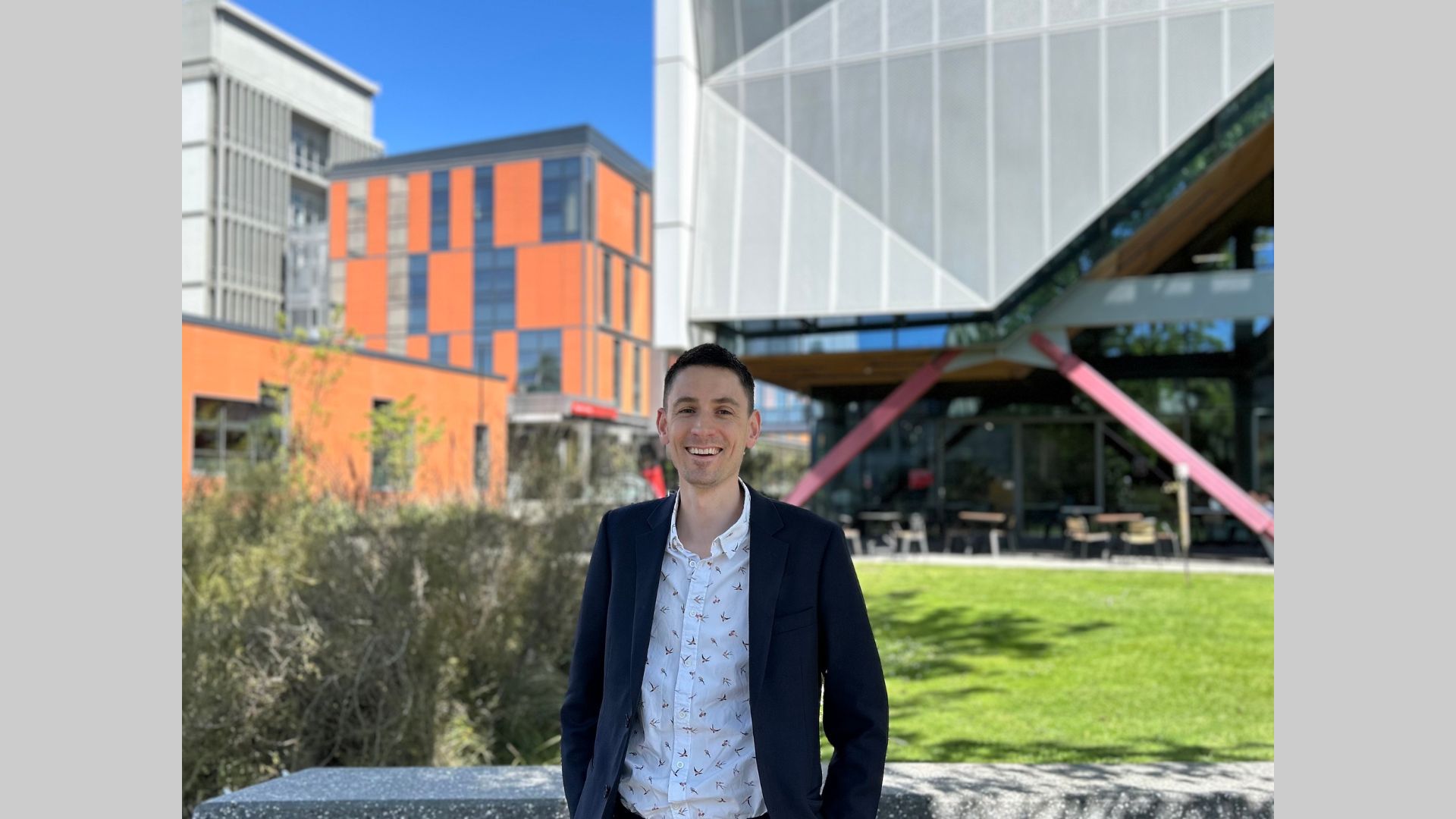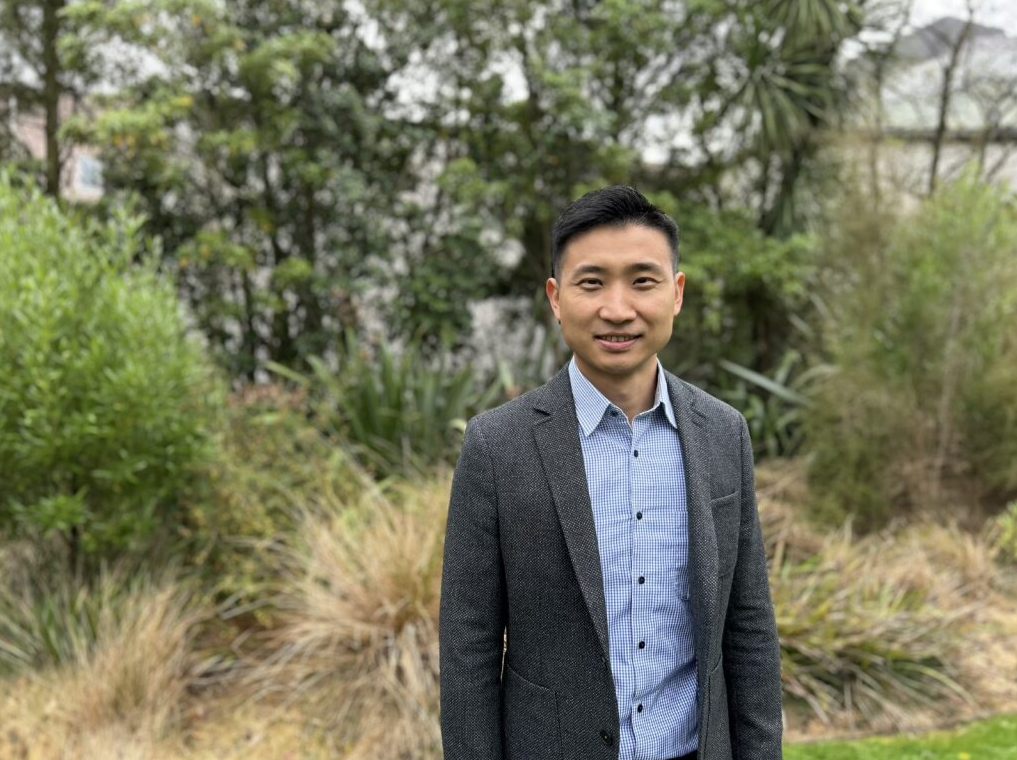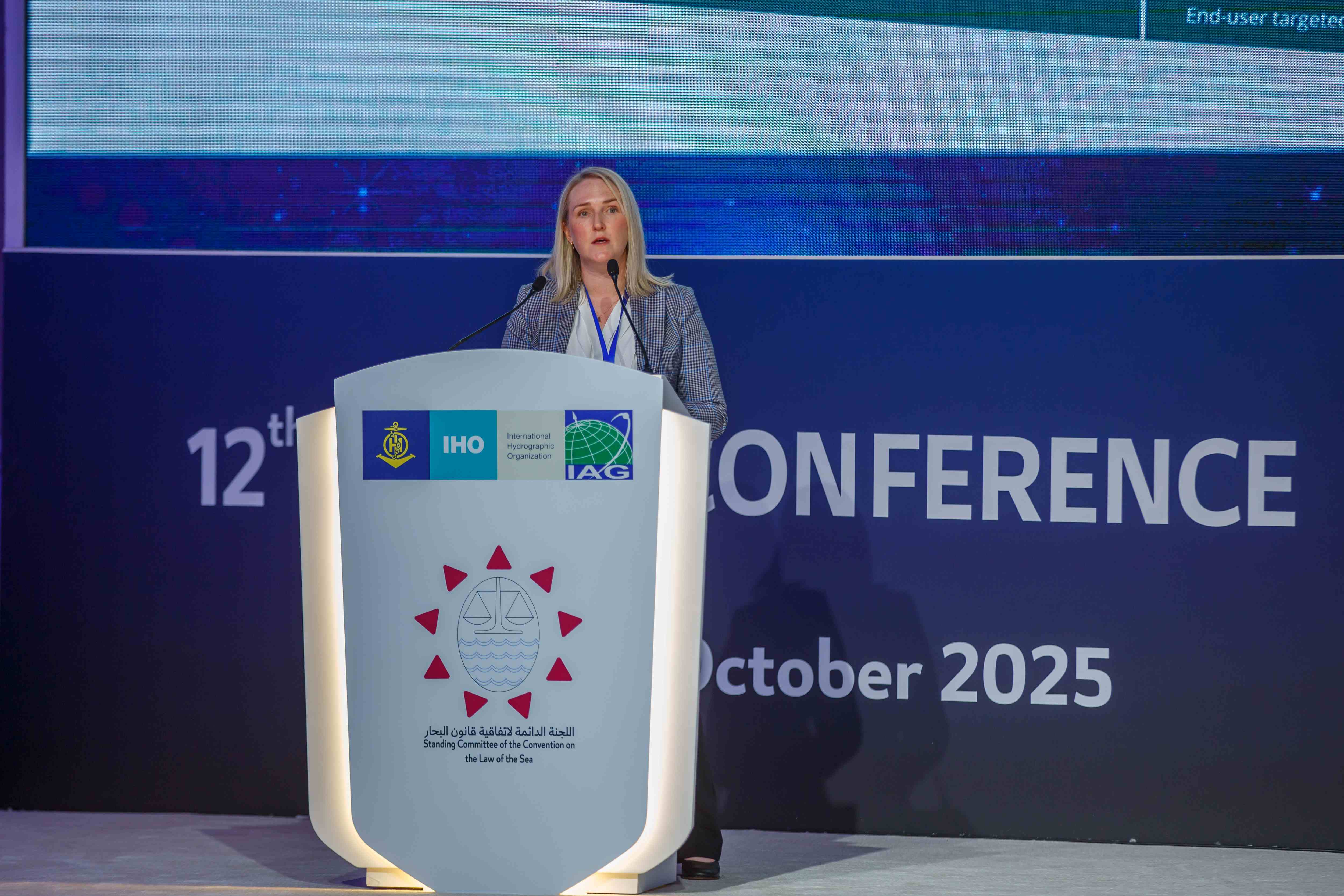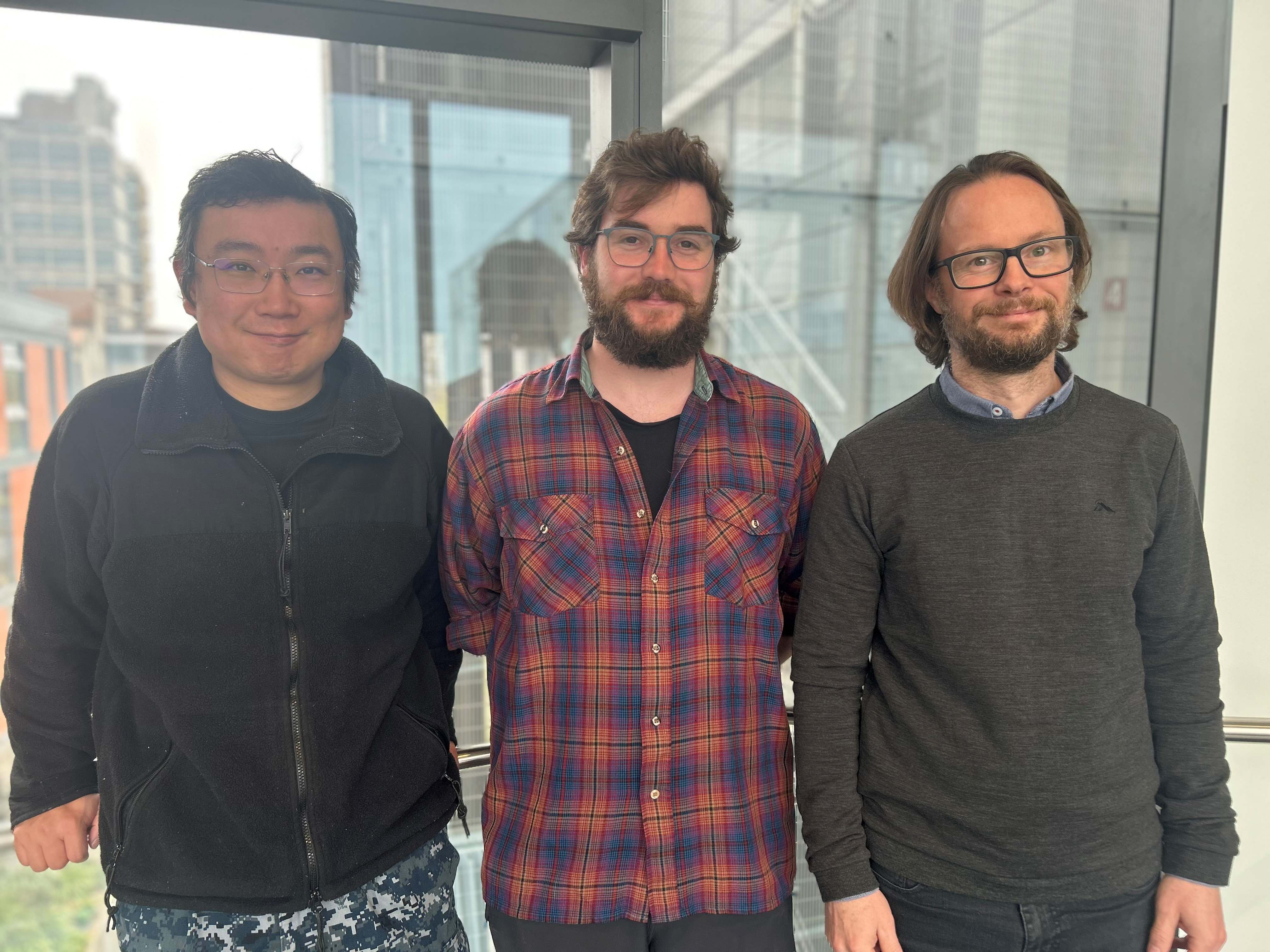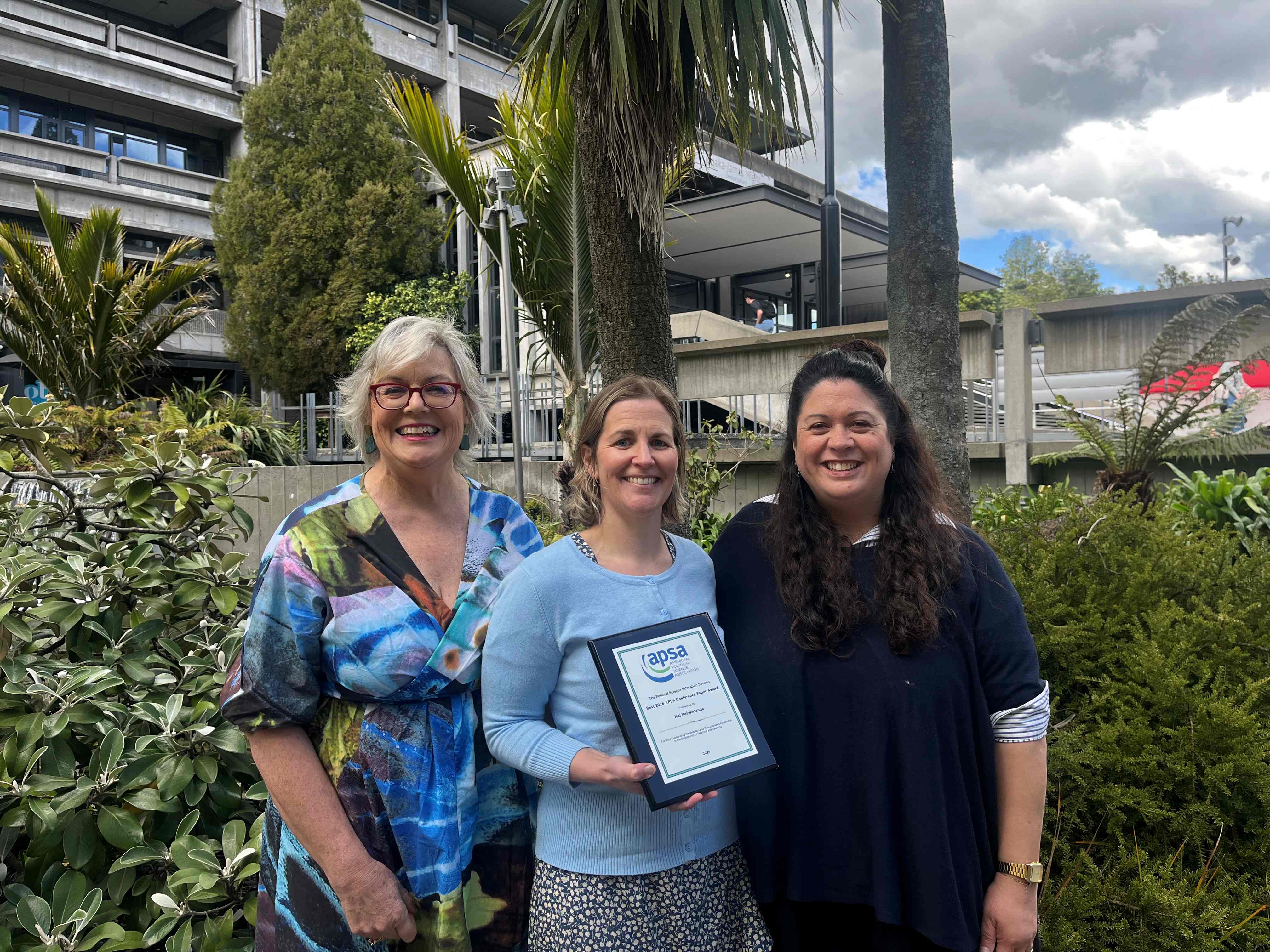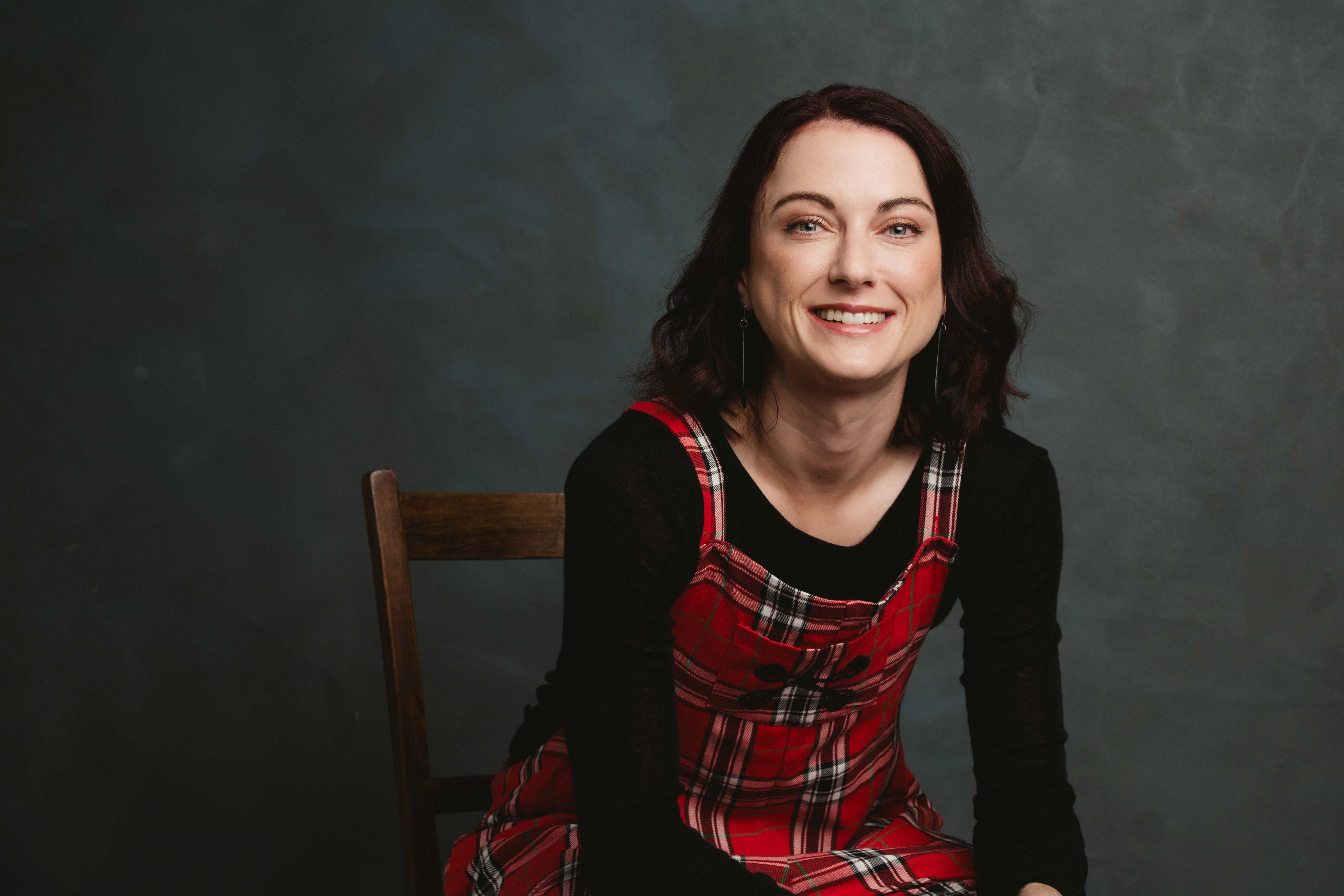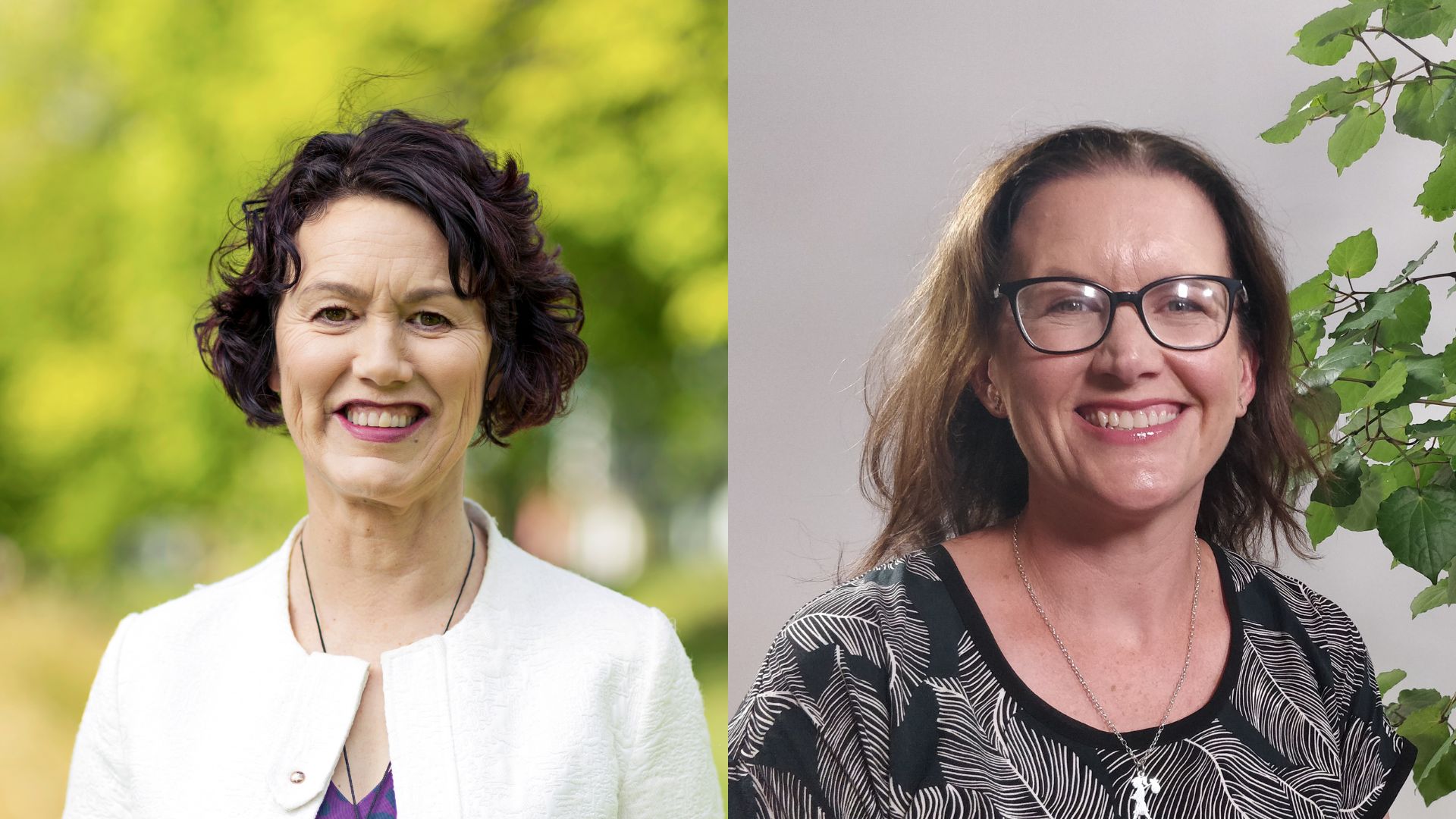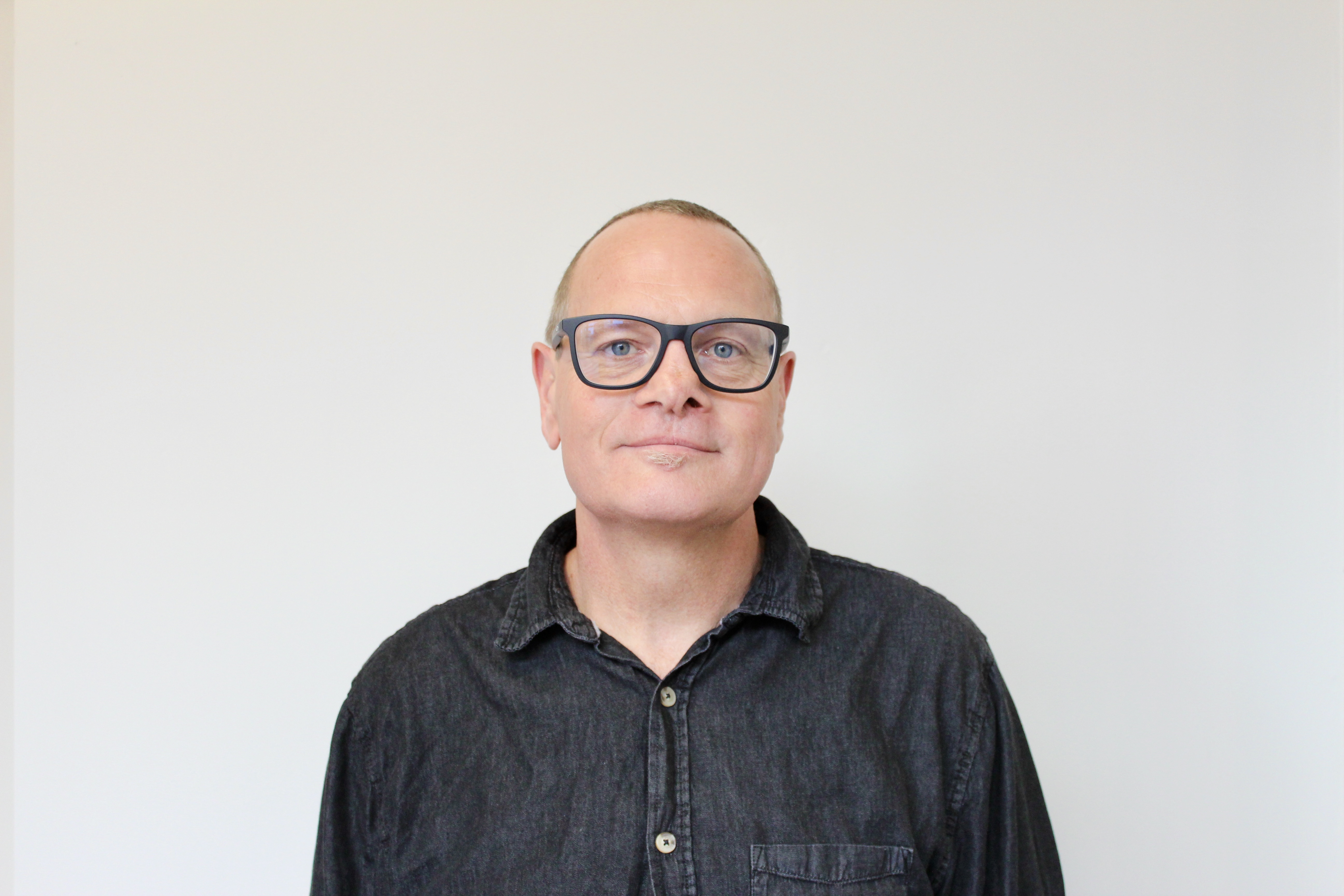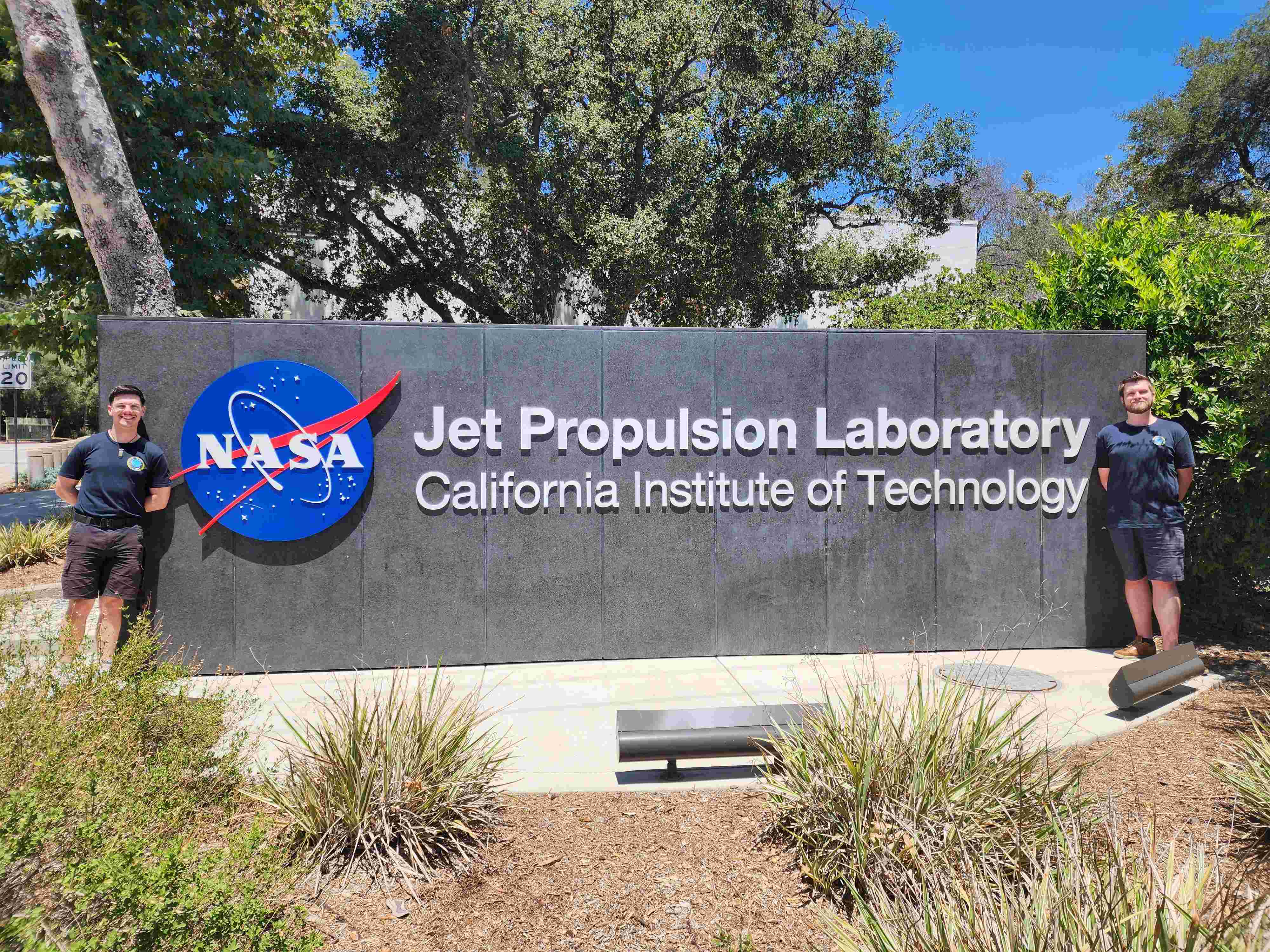University of Canterbury Department of Computer Science and Software Engineering Professor Ramakrishnan Mukundan and PhD candidate Andrew Davidson
Te Whare Wānanga o Waitaha | University of Canterbury (UC) Department of Computer Science and Software Engineering Professor Ramakrishnan Mukundan and PhD candidate Andrew Davidson are working with Canterbury Health Laboratories Anatomical Pathologist Dr Gavin Harris using high-resolution digital images of human tissue samples to improve cancer diagnosis.
“This technology can help us dial up image processing methods to automatically identify features that are of interest to a pathologist. At 60,000 pixels, we have extremely high levels of tissue detail and a huge amount of data,” Professor Mukundan says.
Currently in Aotearoa New Zealand, tissue samples are predominantly viewed under a microscope by a pathologist, who then, using their knowledge and experience analyses the cancer, then generates a report for diagnosis and treatment. The challenge is that it is a subjective evaluation.
“New image processing algorithms can analyse intricate details across large regions of a high-resolution image — down to the nuclei level — helping to detect and quantify diagnostically relevant features. This level of detailing or analysis can’t be easily undertaken by a pathologist in manual evaluations,” Professor Mukundan says.
The potential of computational pathology extends beyond automation with algorithms able to measure various types of tissue characteristics to identify several relevant patterns and correlations.
Professor Mukundan says pathologists will no longer have to look for the features because they will be identified and highlighted, providing additional tools and information to help diagnosis and evaluation.
Dr Harris is especially interested in using the whole slide images of human tissue to improve the precision of cancer treatments for patients.
“By using a computational approach, we can measure features present in the tissue samples more accurately than is currently possible, which will allow a more personalised approach to cancer care,” Dr Harris says.
Currently, the research uses digitised tissue samples from online repositories to train the algorithms and is reliant on human knowledge to ensure the outputs are accurate.
Professor Mukundan says through training data, the algorithm will extract relevant features to develop a knowledge base. “It will then use that information to classify previously unseen images of tissue samples.”.
Once the training phrase is completed, the researchers can analyse the performance and accuracy with pathologists to make any corrections needed.
Recently, the team members have received funding which enables them to obtain scanned whole slide images of tissue samples, helping them determine how well the algorithms are working. This funding will help to perform detailed analysis to further validate the algorithm on a completely new test set.
Davidson has been extensively involved in the development of algorithms, experimental analysis and validation of results, as part of his PhD.
“Results to date suggest the new systems we are developing have the potential to significantly improve health outcomes for cancer patients through enhanced diagnostic and classification systems that are essential in developing effective treatment strategies,” Davidson says.
The team hopes to complete their research by the end of 2024 having developed a machine learning algorithm for the accurate identification of cancer subtypes.
The research team in the Department of Computer Science and Software Engineering has been collaborating with Dr Harris and his team on several funded research projects involving whole slide image analysis and machine learning since 2019.
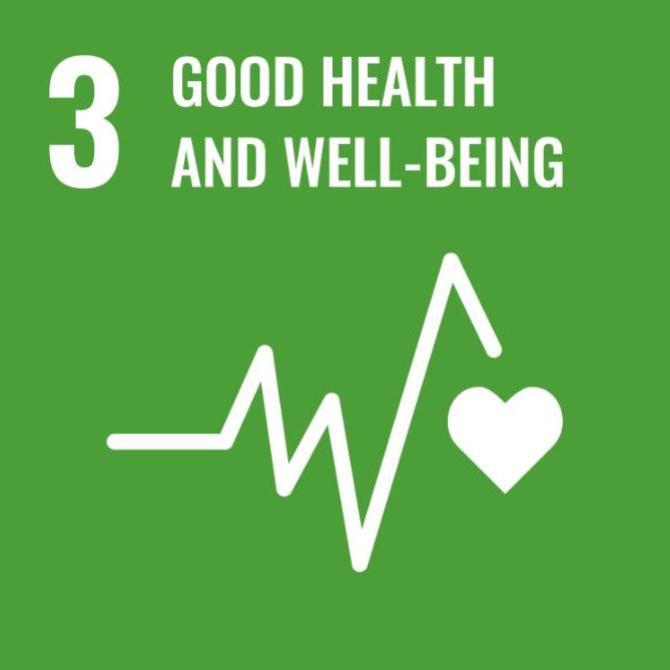 Sustainable Development Goal (SDG) 3 - Good health and wellbeing.
Sustainable Development Goal (SDG) 3 - Good health and wellbeing.


